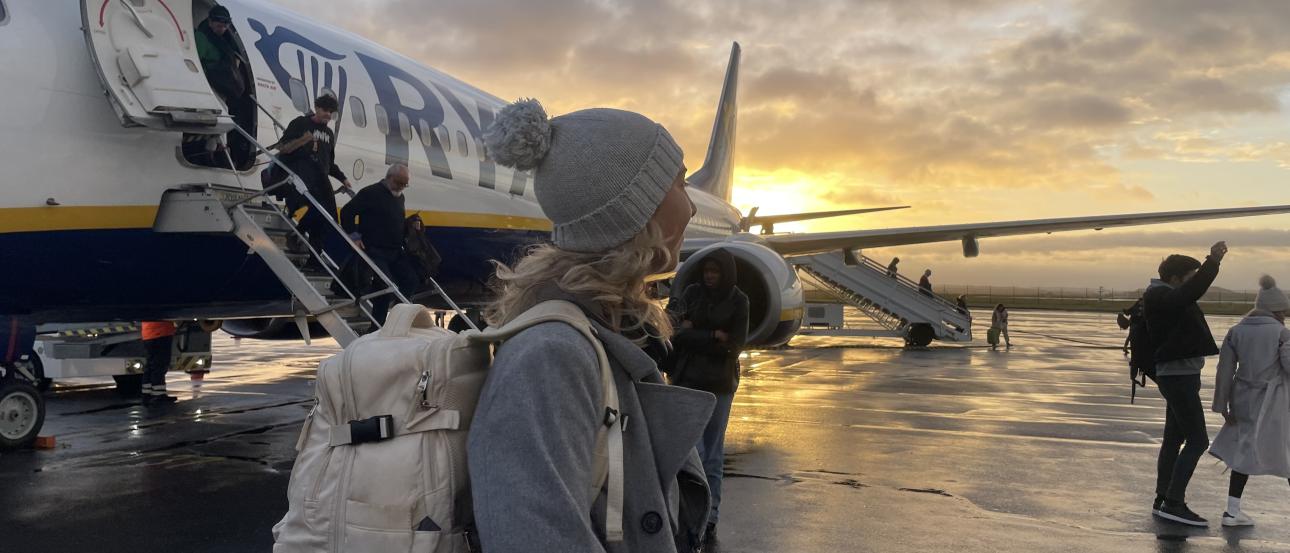Culture shock and reverse culture shock are very common, but the good news is typically neither lasts too long. Many students who study abroad experience some sort of transitional period when leaving or returning home, and while they often feel similar, there are some important differences.
Culture shock may leave you feeling disoriented, stressed, or out-of-place for a while when introduced to a new environment, or way of life. Being away from loved ones, eating new foods, unfamiliarity with a language, and in general being unsure how to interact with the customs and social norms of a new place can all contribute to feeling a little uneasy.
Reverse culture shock, on the other hand, refers to feeling overwhelmed, misplaced, or even disappointed after returning home from an extended period abroad. Oftentimes, students find that they themselves have changed, and they aren’t quite sure how to settle back into their regular lives. We’ve seen this countless times in our students, and even ourselves. Studying abroad shakes up your habits, pushes you to grow beyond your comfort zone, and opens up your worldview. Coming home means having to rediscover what your life looks like for the post-study abroad version of you.






